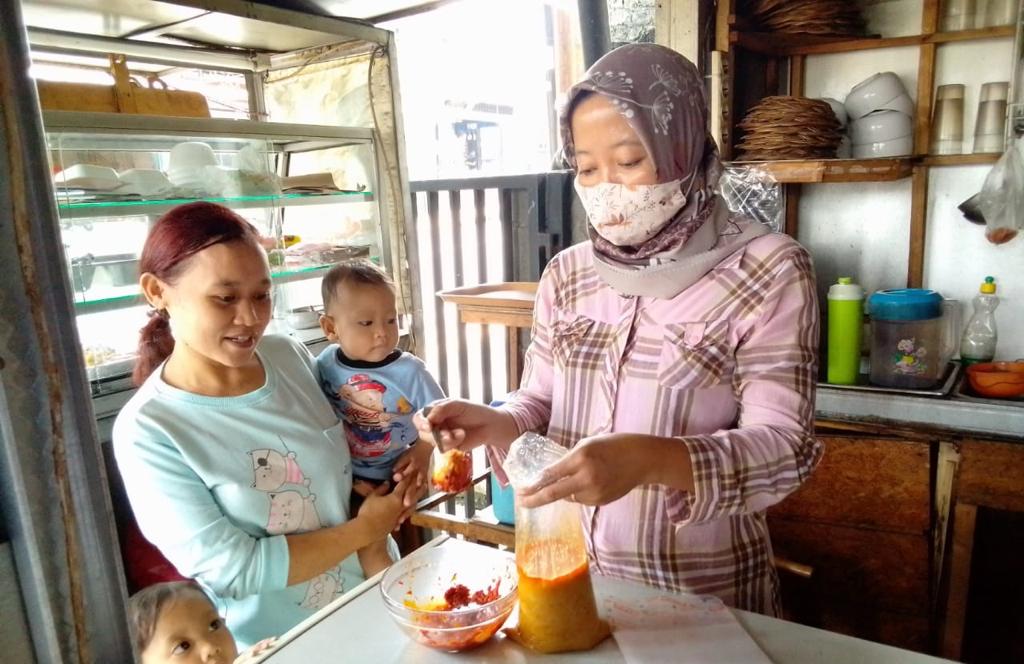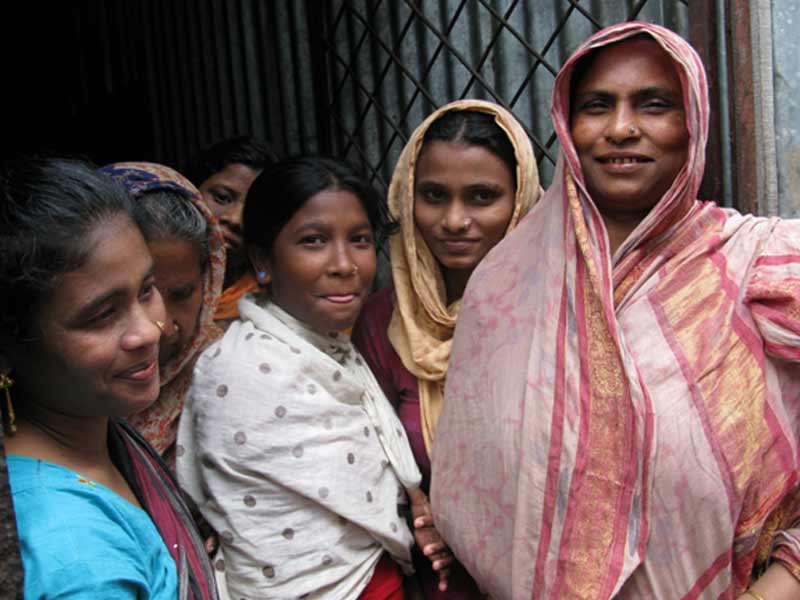
In recent years, a consensus has arisen around the “inextricable connection” between healthy diets and human rights. Simply put, they are mutually reinforcing; to promote one is to promote the other. Nowhere has this connection become more evident than the Pacific Islands region.
Over the past decade, many Pacific Island countries have incorporated human rights instruments related to healthy diets directly into their national frameworks. For example, the 2015 Denarau Declaration, adopted by 11 Pacific members, committed to a human rights-based approach to the prevention of non-communicable diseases (NCDs), of which healthy diets are a large part. Elsewhere, Fiji has enshrined the right of every person “to have adequate food of acceptable quality” directly within their national constitution.
Measures like these are more than just self-congratulatory expressions of virtue. They can be a key tool in overcoming a persistent barrier to healthy diets.
Healthy Diets and Free Trade
The modern era of global free trade has meant economic growth all around the world. However, this growth has often come without consideration of impacts to human rights, particularly a right to healthy diets.
In many developing countries, including those in the Pacific region, this has meant low-quality, unhealthy food imports replacing traditional diets; it has meant local shifts from food crops to cash crops, reducing local resilience; it has meant a disregard for local sustainability and environmental stewardship.
According to OXFAM New Zealand, it has also meant developing countries “being pressured by rich countries” to “further open their economies” in a way that creates barriers to national governments enacting health policies.
Consider:
The import of turkey tails was banned by the government of Samoa in 2007, after concerns arose about the link between turkey tails and NCDs. At the time, the country imported 4,000 tons per year from the United States, who subsequently challenged the ban. Evidently, they were successful. When Samoa moved to join the World Trade Organization (WTO) in 2011, they were told they would not be accepted unless they dropped the ban, forcing them to do so.
This shows the difficulty of incorporating the promotion of healthy diets into policy. Even after a decision has been made, it may be challenged by international actors.
The sale of mutton flaps, which have been identified by the FAO as contributing to NCDs, was banned by the government of Fiji in 2000. At the time, the country imported over 200 tons from New Zealand each year. Yet, New Zealand decided not to challenge the ban after Fiji justified it not on account of food sanitization agreements, but on account of adverse impacts on the right to health.
This is why incorporating human rights commitments directly into national frameworks can be so important. Human rights provide a counterweight to the primacy of free trade in international disputes.
For a Pacific region suffering from rampant obesity and NCDs, and highly reliant on international trade agreements, incorporating human rights instruments into national frameworks will be a key to promoting healthy diets in the future.



